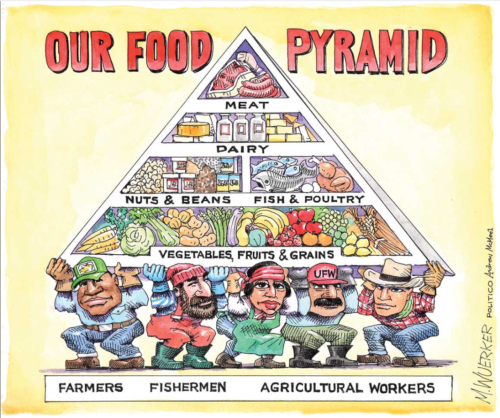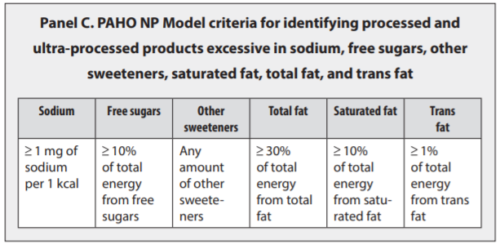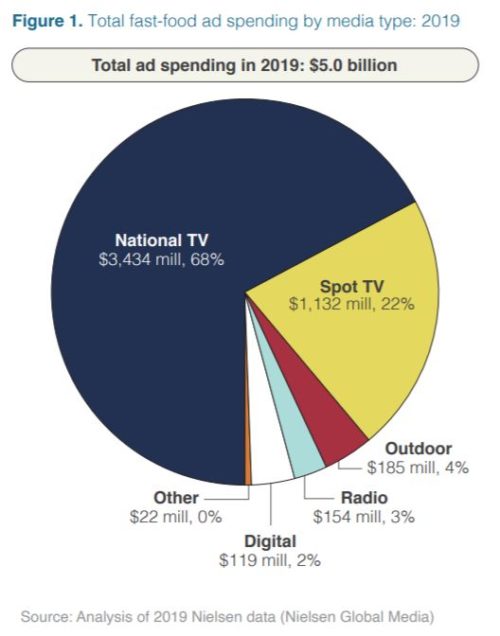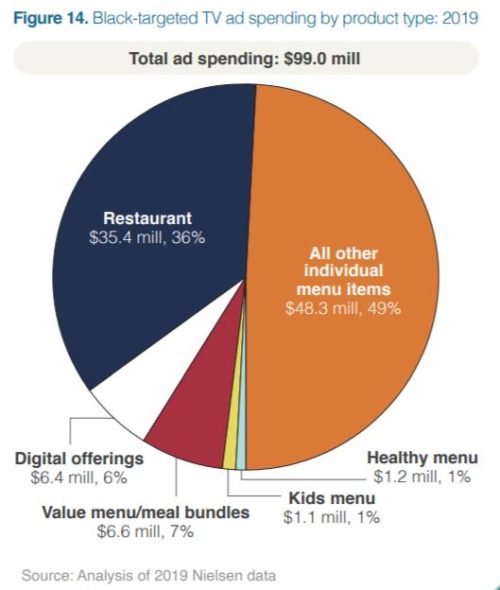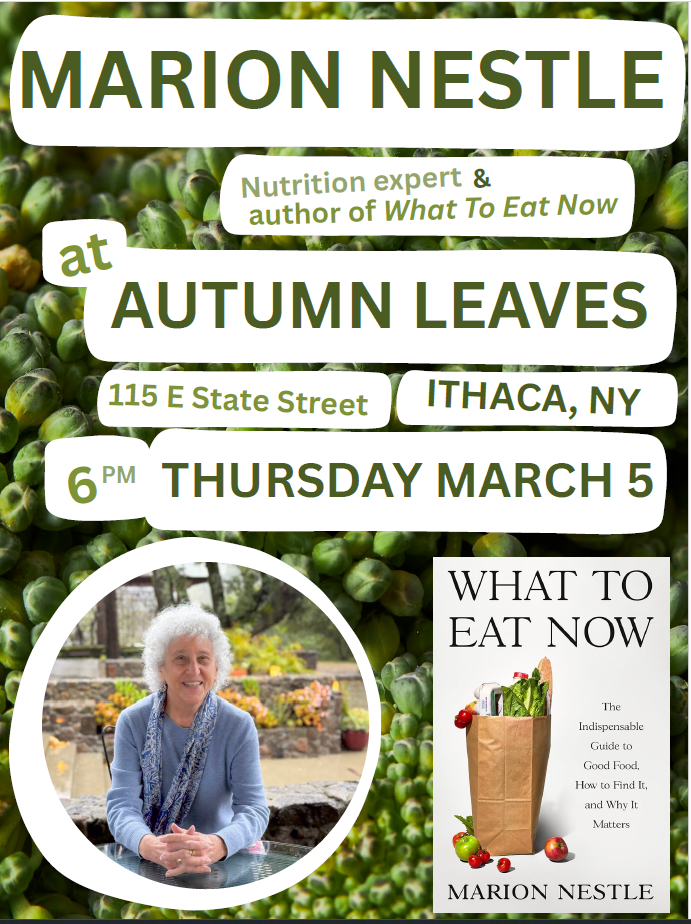Plant-based meat vs real meat: a nutritional toss-up—or not?
So many readers have asked me to comment on the recent study comparing the nutrient content of meat versus plant-based alternatives that I thought I better get to it.
For example, Andrew Wilder of eatingrules.com writes:
They conclude that there are nutritional differences…My first thought was “Duh!”… so I started wondering why they would even do this study…Surprise surprise, two of the authors have connections to the beef industry. I also thought it was interesting that in the Abstract, they say “This has raised questions of whether plant‑based meat alternatives represent proper nutritional replacements to animal meat.” So they’re framing everything with the baseline that animal meat is “proper nutrition” which seems like a pretty obvious bias right out of the gate…
Indeed it does. But the study is a bit more complicated than that, and definitely worth a look.
The study: A metabolomics comparison of plant‑based meat and grass‑fed meat indicates large nutritional differences despite comparable Nutrition Facts panels. Stephan van Vliet, James R. Bain Michael J. Muehlbauer, Frederick D. Provenza, Scott L. Kronberg, Carl F. Pieper & Kim M. Huffman. Nature Scientific Reports (2021) 11:13828.
The research question: Do plant‑based meat alternatives represent proper nutritional replacements to animal meat?
The method: The study compared 190 metabolites (chemical compounds capable of being used by the body) in meat and plant-based alternatives.
Result: Big differences.
Conclusion: “In conclusion, metabolomics revealed that abundance of 171 out of 190 profiled metabolites differed between beef and a commercially-available plant-based meat alternative, despite comparable Nutrition Facts panels. Amongst identified metabolites were various nutrients (amino acids, phenols, vitamins, unsaturated fatty acids, and dipeptides) with potentially important physiological, anti-inflammatory, and/or immunomodulatory roles—many of which remained absent in the plant-based meat alternative when compared to beef and vice versa. Our data indicates that these products should not be viewed as nutritionally interchangeable, but could be viewed as complementary in terms of provided nutrients. It cannot be determined from our data if either source is healthier to consume [my emphasis].”
Competing interests: “S.V.V. reports a grant from the North Dakota Beef Association to study the impact of diet quality on the relationship between red meat and human health. S.V.V reports additional grant support from USDA-NIFA-SARE (LS21-357), the Turner Institute of Ecoagriculture, and the Dixon Foundation for projects that link agricultural production systems to the nutritional/metabolite composition of foods and human health. S.V.V also reports having received honoria [sic] for talks linking food production systems to human health, which was used to support scientific research. F.D.P. reports receiving honoraria for his talks about behavior-based management of livestock. J.R.B., M.J.M., S.L.K., C.F.P., and K.M.H report no conflicts. S.V.V., J.R.B., M.J.M., F.D.P., S.L.K., and C.F.P. consume omnivorous diets; K.M.H. consumes a vegetarian diet.”
Comment: To the question of nutritional differences, duh, indeed. Why would anyone not expect nutritional differences? From the abstract and conclusion, the study appears to suggest that meat is nutritionally better.
But then, the authors throw in those hedge-betting comments.
Really? If they can’t figure out which is better, why do this study?
Andrew Wilder’s analysis and mine too: the underlying purpose of this study is to demonstrate the nutritional superiority of meat and the lack of equivalence of plant-based substitutes.
As for the conflicted interests: My first reaction to seeing this study was to ask: “Who paid for this?”
But the reported conflicts are somewhat confusing. The lead author has meat-industry funding to do studies of this type. But most of the other authors report no conflicts, and one is a vegetarian.
Maybe the vegetarian was responsible for the hedging comments?

